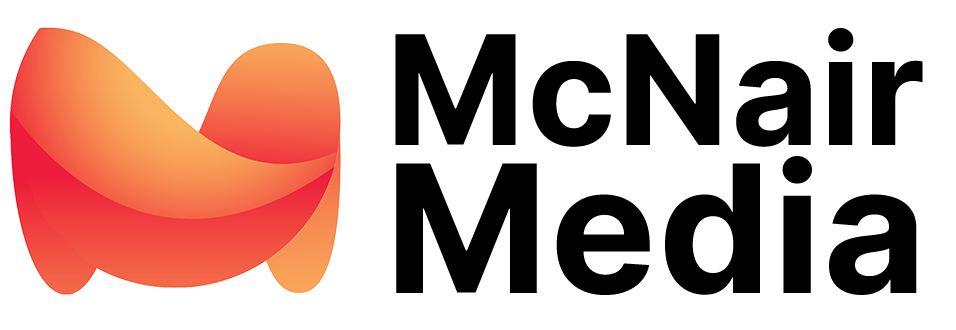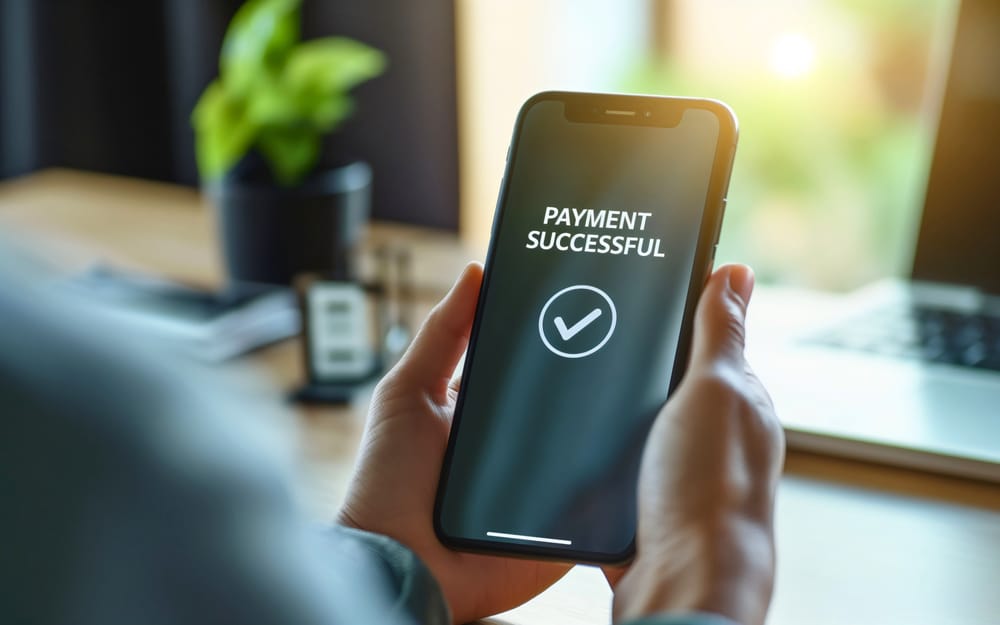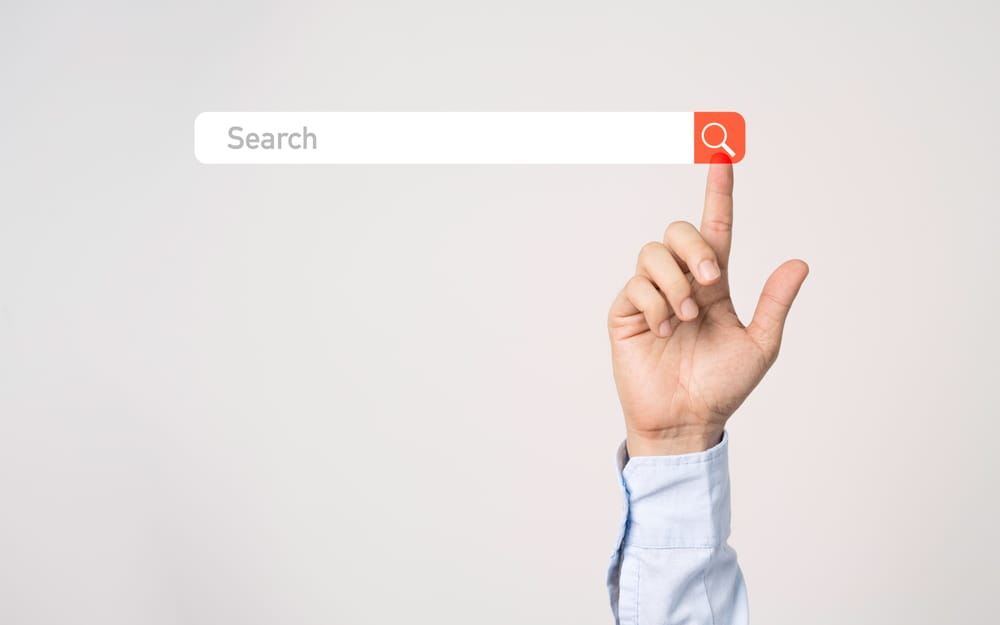McNair Media, based in Arlington, Ohio, specializes in web design and development, offering tailored SEO strategies, comprehensive consulting, and marketing services to enhance your online presence and connect with your target audience. Distinguished by our commitment to excellence, we provide quality, efficient, and cost-effective solutions through our in-house team. Our proven methodologies in web development and project management make us the ideal partner for elevating your business to new heights. Let’s collaborate to take your business to the next level!
Grow Your Online Visibility To Reach New Customers
McNair Media is a full-service website and app development company, currently based in Arlington Ohio, just south of Findlay Ohio. We’ve been providing clients all over the country with a wide range of media consulting, digital advertising services, website and app development to clients of all industries. Our digital marketing services include consulting and management options for a variety of online marketing methods including search engine optimization (SEO), pay-per-click (PPC) ads, E-commerce store optimization, copywriting, conversion rate optimization (CRO), and more. We also offer expert web design and development services for startups, small businesses, service based, eCommerce and B2B companies. Don’t just partner with any digital marketing agency; work with one you can trust.


















